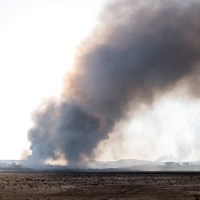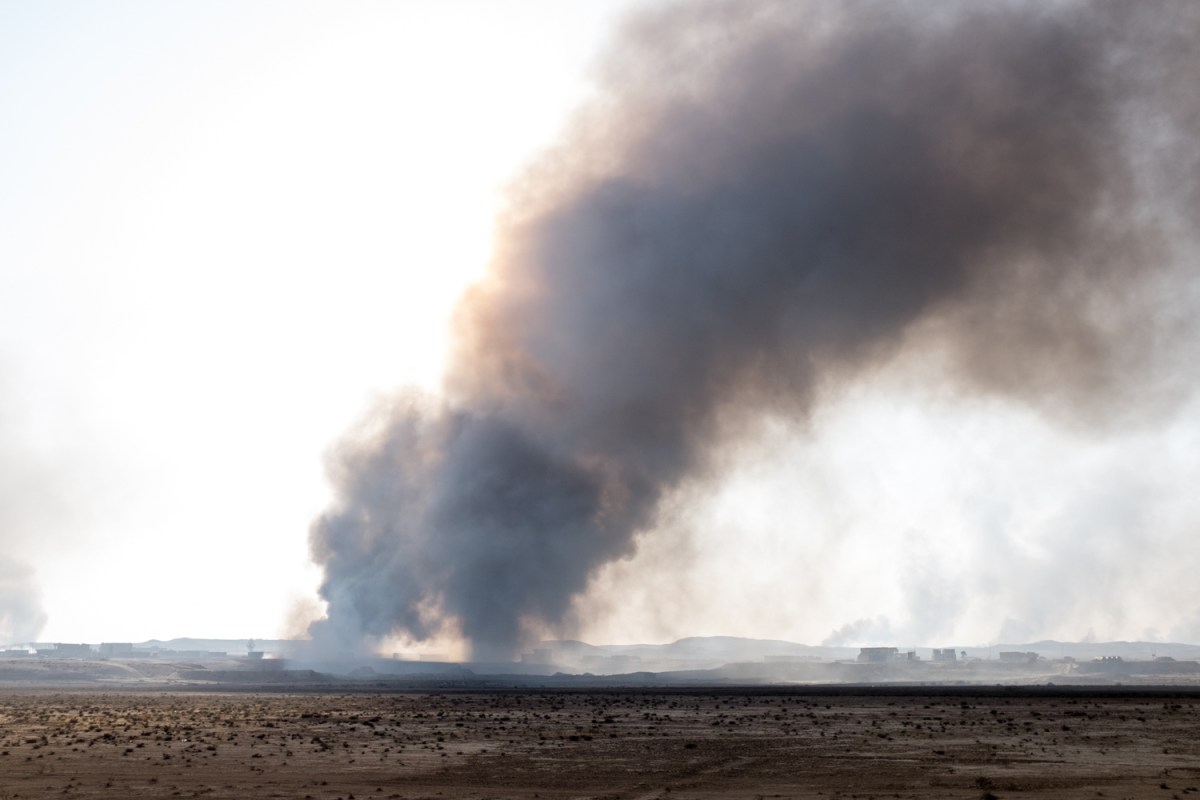At its peak, ISIS drew thousands of recruits from Europe, America, and Russia. Some came to fight, others to marry, some to be part of what they thought was going to be a glorious new state. Some were lifelong Muslims, others recent convents. Almost all will die in Syria and Iraq.
As US-backed forces advanced on Raqqa, ISIS’s de-facto capital in Syria, a deal was made allowing hundreds of Syrian ISIS fighters to leave. Foreign fighters were excluded from the deal, at the insistence of the US-led Coalition.
American officials made their position clear: “Our mission is to make sure that any foreign fighter who is here… will die here,” said Brett McGurk, Special Presidential Envoy to the Coalition.
His words were echoed by the French defense minister: “If [they] perish in this fight, I would say that’s for the best.” According to The Independent, more people from France have joined ISIS than from any other country in Europe.
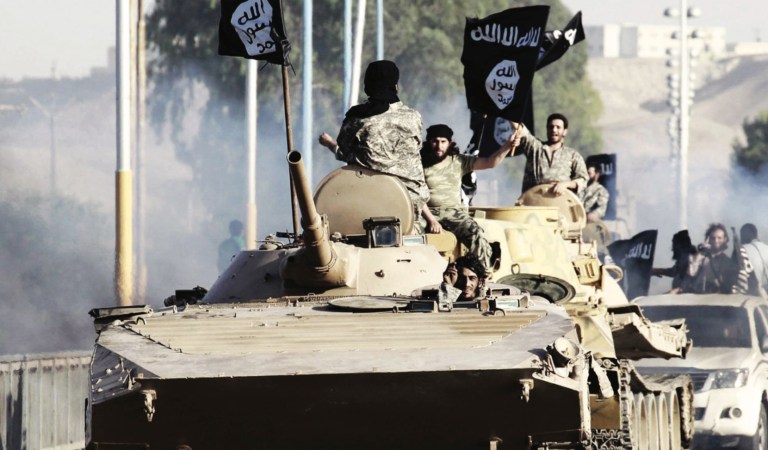
Coalition forces are not just sitting by and waiting for them to perish, either. They are actively targeting foreign fighters, giving local militias the names and photos of those who are to be eliminated. No due process, no rule of law.
There’s no question foreign fighters pose a threat if they return home freely—and a major headache for the courts if they are brought home to face justice. There’s also no question many of these foreign fighters have committed heinous crimes.
So who cares if they are left to rot? We should.
We should care because ISIS members were not radicalized in Syria and Iraq. They were radicalized at home, among us, in our own communities—in the US, Canada, Europe, and Russia. One of the biggest reasons people join a group like ISIS is because they’ve been isolated, denied opportunity, and left behind by the wider culture. They’re searching for a place to belong, and they’re not finding it at home. Which means, at the very least, we had a part to play in preventing their radicalization—and we didn’t.
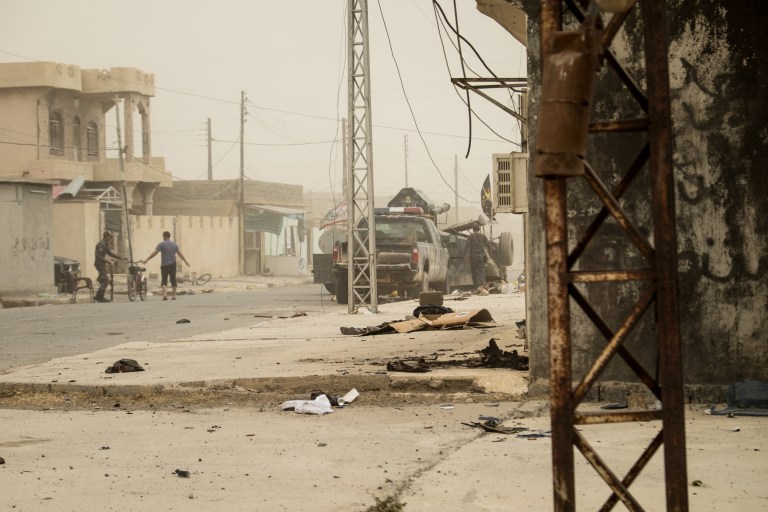
We can’t disentangle ourselves from their story. They are citizens of the same countries we are. There aren’t two levels of citizenship. There aren’t two classes of human being. If due process isn’t extended to everyone, then it can be denied to anyone.
“The perceived failure of Western states to give young Muslims a sense of belonging, purpose and value as Muslims and citizens is striking.”
Dr. Katherine Brown, Lecturer in Defense Studies, King’s College (source)
We should care because how we treat our worst enemy is the real test of our character—not how we treat our friends or allies. It doesn’t take a monster to defeat a monstrous ideology.
We should care because, at the end of the day, bullets cannot defeat ISIS. Armies and bombs cannot defeat ISIS. ISIS is an idea, and it can only be defeated with a better idea.
ISIS gives people a reason to kill. We can give people a reason to live.
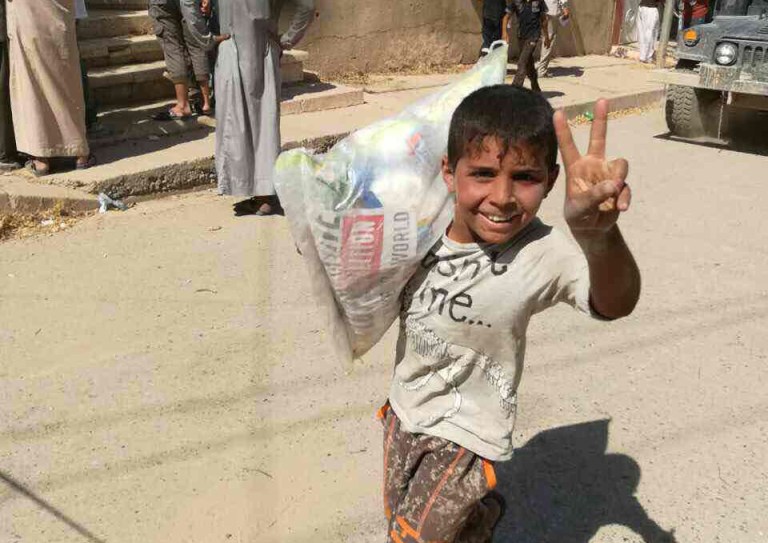
In doing so, we can be the kind of people who prove ISIS wrong. We can live our love so boldly that ISIS is silenced.
We can be the kind of people who make space for others—especially those who feel isolated because of their religion or national origin. We can be the kind of people who celebrate the differences that enrich us and build such thoroughly welcoming communities that meet everyone’s desire to belong. 
We can be the kind of people who look at those who’ve made the very worst choices, including foreign fighters in Syria and Iraq who have perpetrated unspeakable crimes, who’ve shown little or no mercy to others—and still reach across that enemy line. Not in denial of what they’ve done. Not abandoning the requirements of justice. But in the hope that we can disrupt the cycle.
We can be the kind of people who love powerfully enough to unmake violence.

